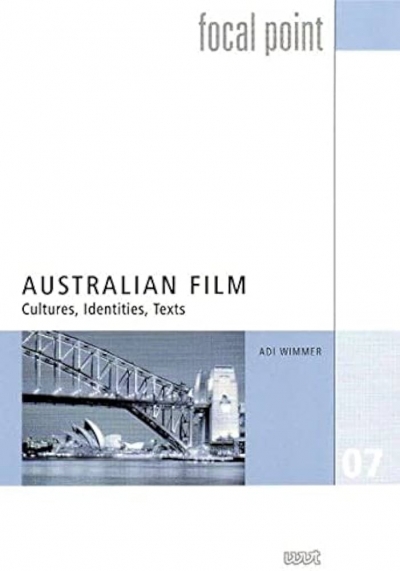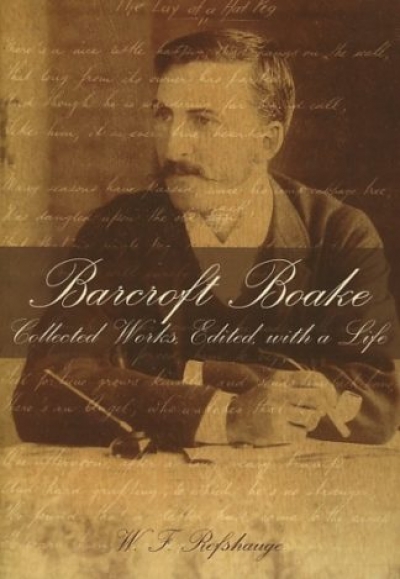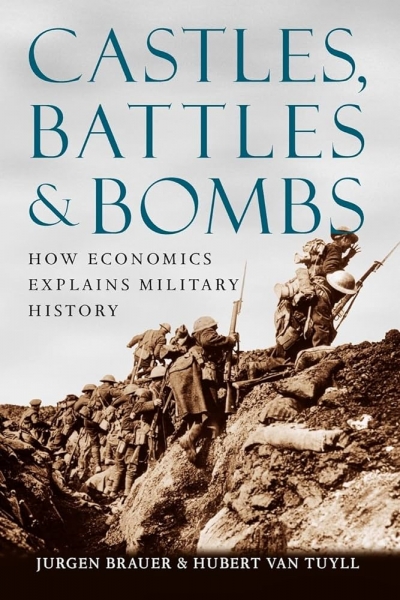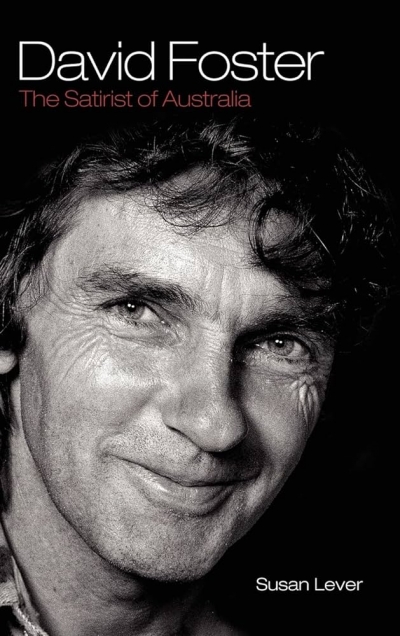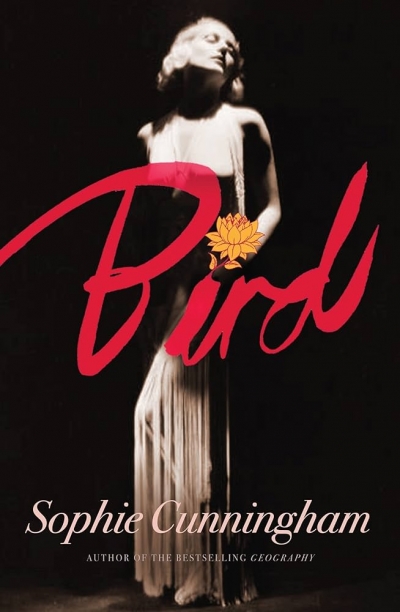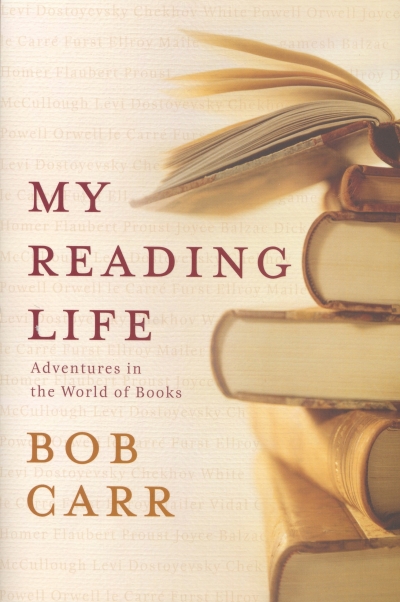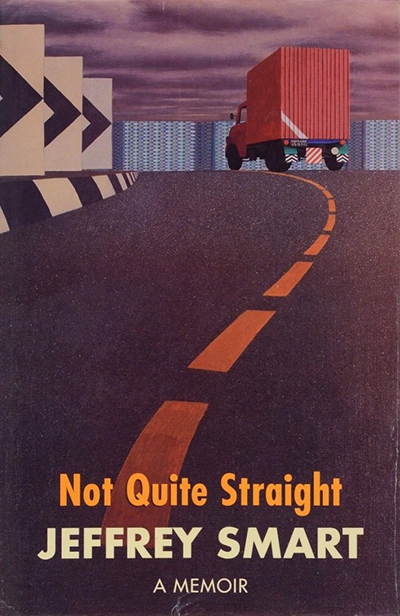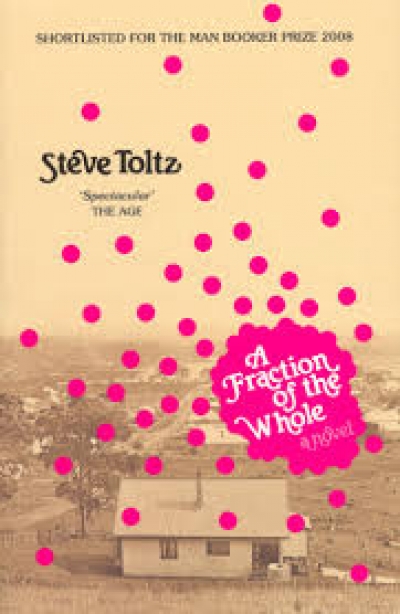Archive
Patrick Allington replies to John Carmody
Dear Editor,
I sort of but don’t exactly agree with John Carmody, who sort of but didn’t exactly agree with my mixed review of Tony Jones’s edition of The Best Australian Political Writing (May 2008). Carmody suggests that the anthology should have been called ‘Best Political Journalism’ because it ‘completely lacks’ academic writing or reflective essays. I agree that the book was journalism-heavy, but there’s nothing to be gained by overstatement. It also included a number of longer essays, the best of which were intelligent, learned, thought-provoking and impassioned.
... (read more)Australian Film: Cultures, identities, texts by Adi Wimmer
Barcroft Boake: Collected works, edited, with a life by W.F. Refshauge
Castles, Battles & Bombs: How economics explains military history by Jurgen Brauer and Hubert van Tuyll
I suppose our lives gain intensity through meetings with remarkable men and women. Occasionally, we encounter certain people whose rich inner lives mesmerise us and make us feel awkward and uneasy and out of place. Mr Manoly Lascaris had such an impact: he decentred people, made them lose confidence, made them feel physically uncomfortable, through his silence, his mundane chatter, his eccentric wisdom and the strange way he had of transforming domesticity into an exercise of virtue.
First, though, comes respect and the need to open yourself to your subject. The dialogues recorded in my book Recollections of Mr Manoly Lascaris (2008) are about thoughts underlying, or succeeding, particular events; they present the story of someone’s life at peak moments of mental realisation. The book is neither a biography nor a journalistic account of events and episodes. It records thoughts, ideas and conclusions in retrospect, as the culmination of the act of living and the art of thinking.
... (read more)
